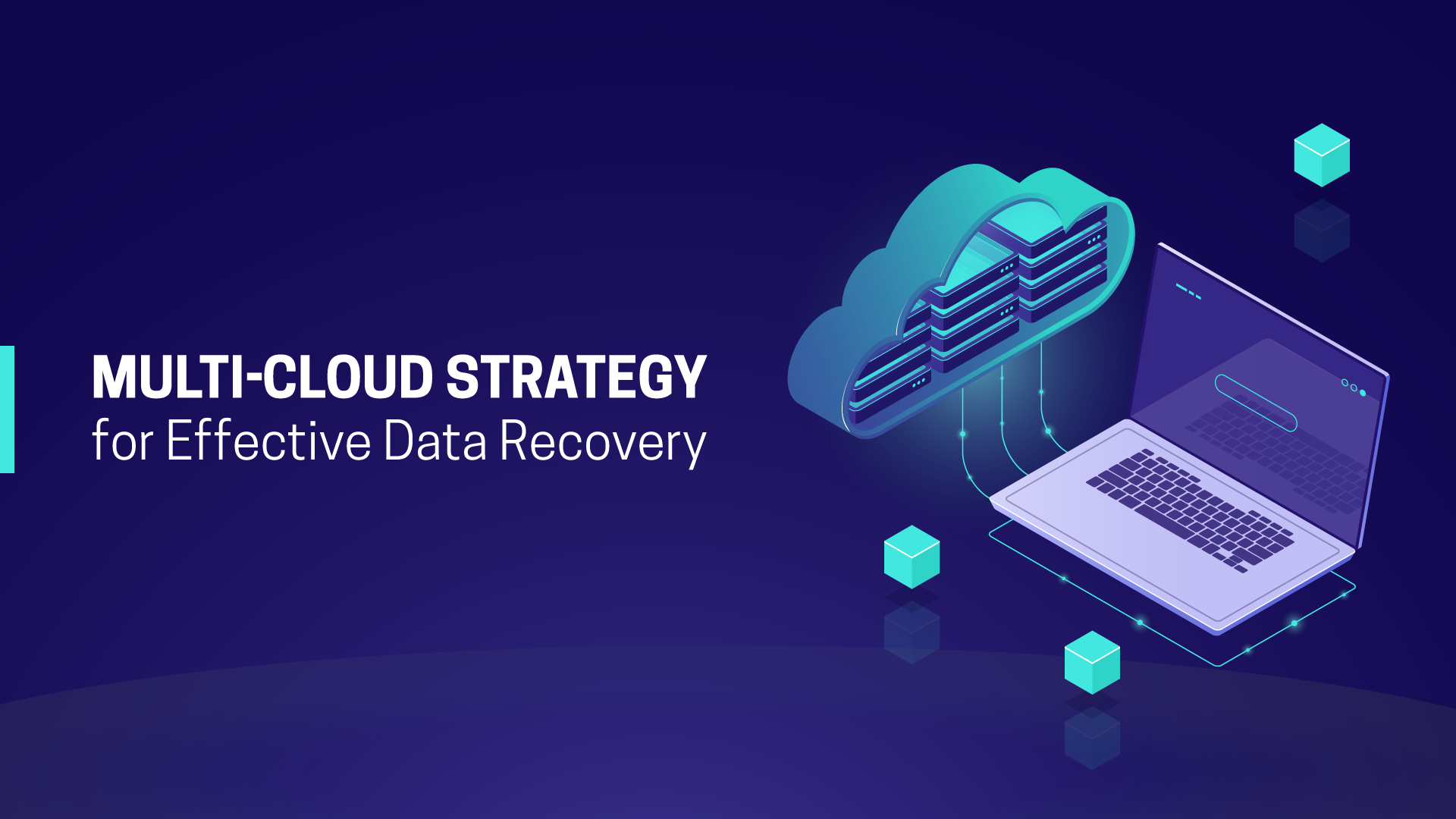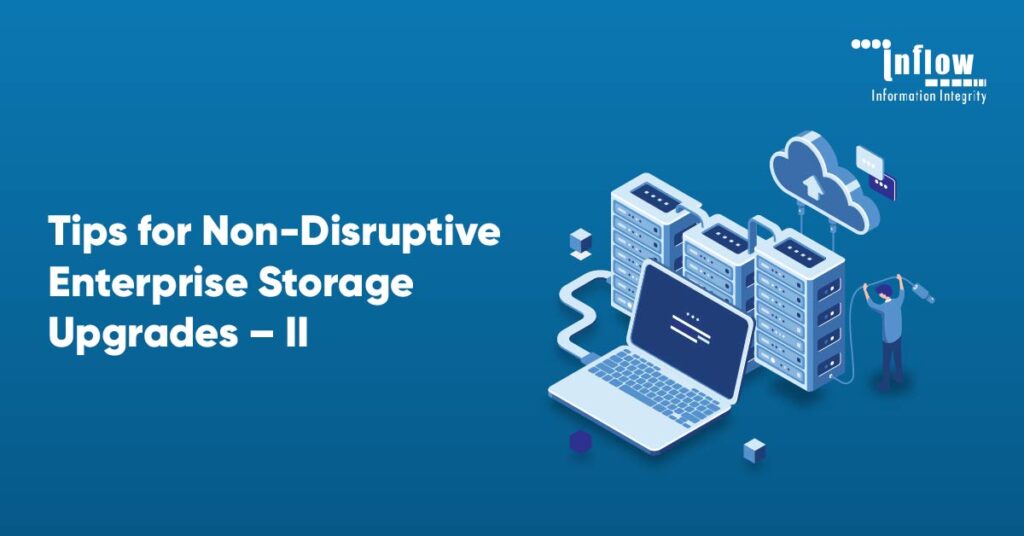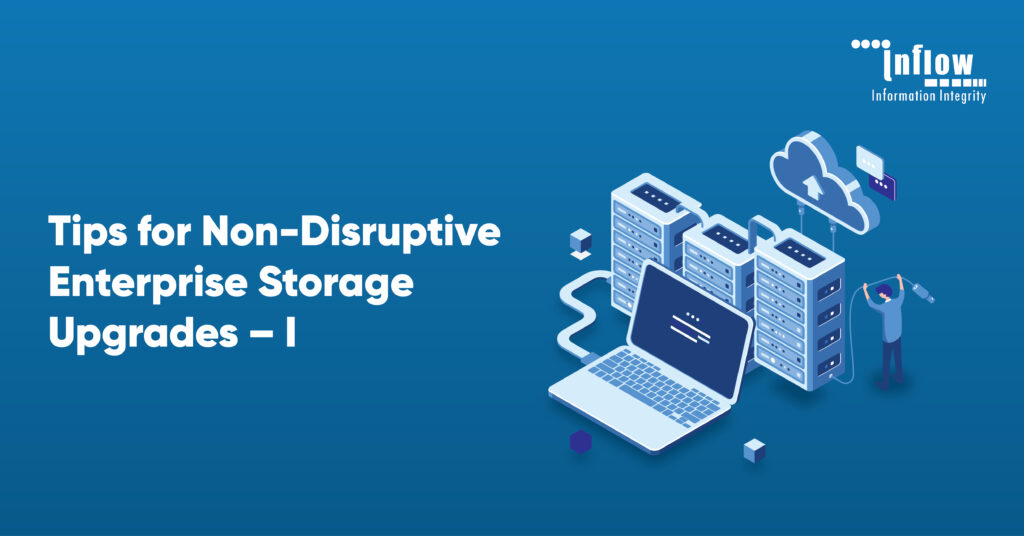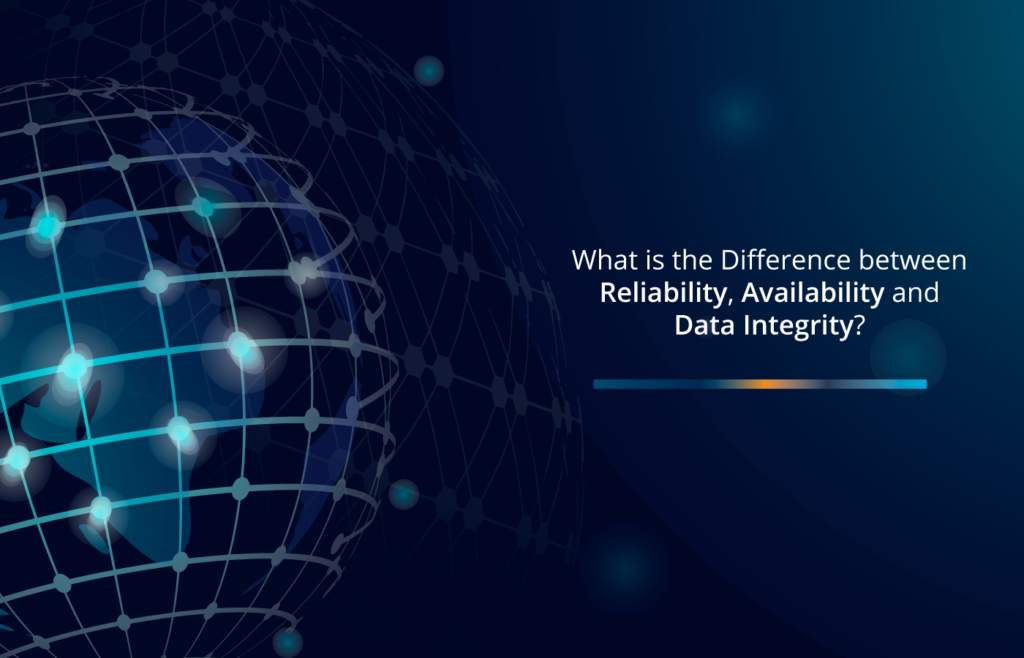Managing and backing up data has become a top priority for almost every organization. The insights and information garnered from the data are required to optimize its products and services, and also for various other operations. As network infrastructures become more complex and cyber threats are on the rise, businesses must ensure their data is backed up and stored securely.
Typically, organizations replicate their data on disks or move it off-site by shipping backup tapes. With the advent of cloud technology, businesses leverage cloud storage for replicating the data. Backup copies are vital to a business since they come in handy in the event of primary data getting destroyed.
Although it may seem easier to rely on a single cloud provider as opposed to implementing a multi-cloud system; here are some reasons why multi-cloud strategy solution for data recovery is worth the effort.
Added Security
If all your data is on one cloud, then a DDoS attack or a ransomware threat can cause substantial financial losses and bring your business down. There could also be a situation where an employee accidentally deletes the data; in which case, recovering all the critical information would require a massive investment in time, money and effort.
Using multi-cloud backup and disaster recovery solutions mitigates this problem by reducing the risk of data loss. Even with one cloud down, the others remain available to keep the services running, giving you the ability to recover deleted files easily.
Avoid Vendor Lock-In
If your sole cloud provider increases the price or incorporates changes that affect the company’s performance, you may have to face unpleasant consequences. It may force you to migrate all the data to another cloud – which is not an easy task. You might have to stay put and accept the changes – which can cost you a considerable sum of money. A multi-cloud approach decreases the dependence on a single vendor and helps enterprises avoid such a scenario.
Reliability
There’s no doubt that public cloud providers like Amazon’s AWS and Microsoft’s Azure are more reliable than your local data centers. Nevertheless, a large-scale disaster could impact both the cloud provider and your organization. Hence, it is best to use another cloud provider in another geographic region preferably within the same country – to avoid legal and regulatory constraints. Locating the other cloud provider in a different area minimizes the chances of both undergoing a major outage at the same time.
With a multi-cloud approach, your company’s operations become more resilient against mishaps and cyber threats. Even when one cloud is down, the other clouds will be able to take the load until the services resume. Your company can do a performance analysis of the workloads in each cloud, and identify the most cost-effective services to fulfill specific business needs. Although implementing these solutions may take substantial effort, they make a viable option for data recovery and reducing downtime.







No comments yet.
Leave a Comment
Let us know your thoughts on this !